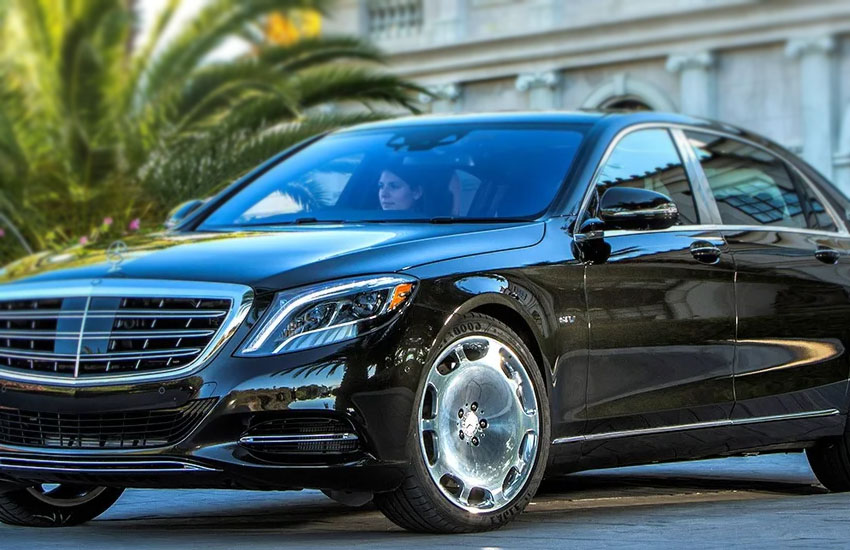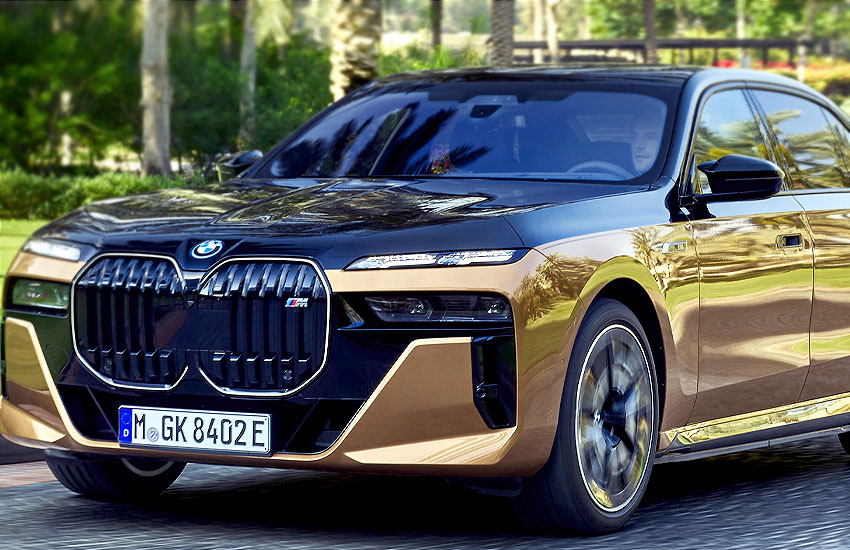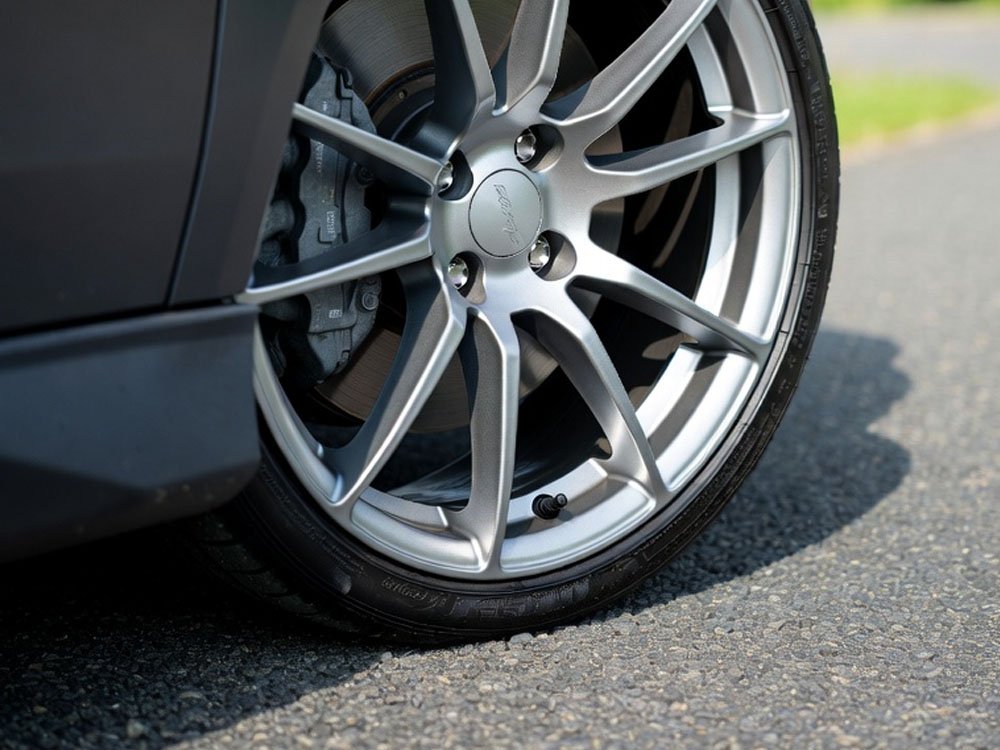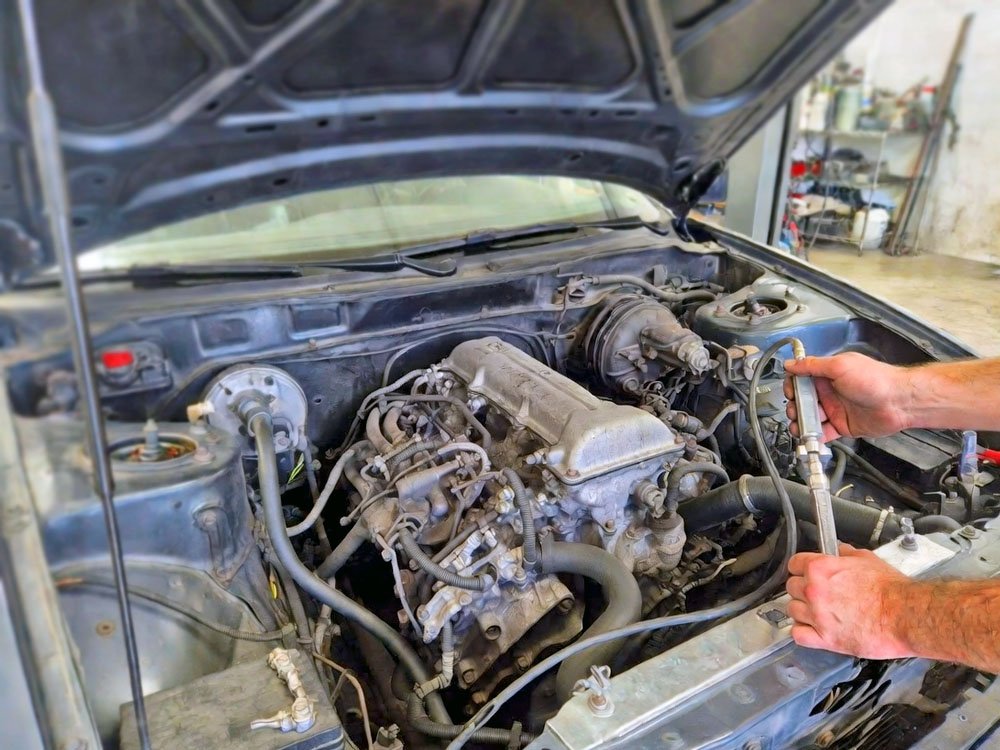You might wonder, what exactly is a premium car? It’s more than just a fancy ride. A premium car offers high-quality materials, advanced tech, and a smooth driving experience. But what about luxury cars? They are often seen as even more exclusive, with top-notch features and a high price tag.
In this article, we’ll dive into what makes a car premium, how it compares to a luxury car, and which might be the best choice for you. Let’s explore the differences and find out which one suits your needs and style best!
What is a Premium Car?
A premium car is a type of vehicle that offers more than just basic features. Think of it as a step up from regular cars. These cars are made to give you a more comfortable and enjoyable driving experience. They usually come with better materials inside, like high-quality leather seats and fancy tech gadgets.
When we talk about premium cars, we’re talking about vehicles that are a bit more luxurious but not as extravagant as luxury cars. They often have powerful engines, smooth rides, and advanced safety features. For example, a premium car might have features like a great sound system, advanced navigation, or even heated seats.
Brands like BMW, Audi, and Mercedes-Benz are known for making premium cars. These brands are famous for their high-quality vehicles that offer a bit of extra comfort and style without reaching the super high prices of luxury cars. Premium cars are great if you want something special and well-made, but you don’t want to spend as much as you would on a luxury car.
In short, a premium car is like treating yourself to a nice upgrade. It’s not just about getting from point A to point B; it’s about enjoying the journey.

How Premium Cars Differ from Standard Cars
Premium cars are different from standard cars in a few important ways. These differences make premium cars feel more special and enjoyable to drive.
Performance and Comfort
One big difference is in how premium cars drive. Premium cars usually have stronger engines that give you more power and smoother acceleration. This means you can drive faster and more easily.
They also often have better suspensions, which makes the ride feel softer and more comfortable, even on bumpy roads. The seats in premium cars are designed to be more comfortable, too. They might be made of high-quality leather and come with features like heating and cooling.
Design and Technology
When it comes to design, premium cars often look more stylish. They have sleek lines and high-end finishes that make them stand out. Inside, you’ll find high-quality materials and attention to detail that you might not see in standard cars.
Premium cars come with advanced technology, too. This includes things like big touchscreens, advanced navigation systems, and high-end sound systems. Some premium cars even have features like automatic parking and adaptive cruise control, which help make driving easier and safer.
Brand Perception and Market Position
The brand of a car also plays a big role in what makes it premium. Premium car brands like BMW, Audi, and Mercedes-Benz are known for their quality and prestige. These brands often focus on making cars that offer a more luxurious experience without reaching the extreme prices of luxury brands.
Standard cars, on the other hand, are usually more about practicality and value. They get you where you need to go, but they don’t have the same level of style or extra features as premium cars.
In summary, premium cars are designed to offer a more refined driving experience. They have better performance, more comfortable interiors, stylish designs, and advanced technology. While standard cars are reliable and practical, premium cars add a touch of luxury and enjoyment to every drive.
Premium Car vs. Luxury Car: What’s the Difference?
When you’re thinking about getting a new car, you might come across the terms “premium” and “luxury.” They sound similar, but they are not the same. Understanding the difference can help you choose the right car for you.
Defining Luxury Cars
Luxury cars are the top of the line. They are all about giving you the very best in terms of comfort, style, and performance. These cars are often made by brands known for their high-end status, like Rolls-Royce, Bentley, and Ferrari.
Luxury cars are designed to make you feel special. They have super high-quality materials inside, such as the finest leather and real wood trim. The technology in these cars is often the latest and most advanced.
For example, you might find features like a high-end sound system, advanced driver assistance systems, and custom interior lighting. Luxury cars also have a high price tag. They are usually more expensive than both premium and standard cars.
Comparing Premium Cars
Premium cars are also very nice, but they are not as extreme as luxury cars. They offer a lot of comfort and style, but they do not go to the same level as luxury cars. Brands like BMW, Audi, and Mercedes-Benz are known for making premium cars.
These cars are well-made and have many features that make driving more enjoyable. They come with high-quality materials and advanced technology, but they are not as extravagant as luxury cars.
For example, premium cars might have leather seats and advanced navigation systems, but they may not have the same level of customization and high-end features found in luxury cars. Premium cars are generally less expensive than luxury cars but still offer a lot of value.
Features and Price Points
The features in luxury cars are often more exclusive and advanced. For instance, luxury cars might have features like massage seats, custom-designed interiors, and the latest in car tech. They often have the best performance and comfort you can find. The price of luxury cars reflects all these high-end features.
On the other hand, premium cars offer a great mix of comfort, style, and performance without the super high price of luxury cars. They are a bit more affordable but still provide a high level of quality and enjoyment.
Examples of Premium vs. Luxury Cars
To give you a clearer picture, let’s look at some examples. A Mercedes-Benz S-Class is a luxury car known for its opulence and advanced features. It offers a smooth, powerful ride and comes with top-of-the-line technology.
In comparison, a BMW 5 Series is a premium car. It’s very comfortable and stylish but comes at a lower price than the S-Class. It offers many of the same features but not with the same level of luxury and exclusivity.
In summary, while both premium and luxury cars offer great quality and comfort, they do so at different levels. Luxury cars are at the top of the scale, offering the best of everything with a high price tag. Premium cars provide a lot of luxury and performance but at a more affordable price. Understanding these differences can help you decide which type of car best suits your needs and budget.

Making the Choice: Which is Right for You?
Choosing between a premium car and a luxury car depends on your personal preferences, needs, and budget. Both types offer great features, but they cater to different desires and priorities. Here are some things to think about to help you make the right choice.
Budget and Cost
First, consider how much you want to spend. Luxury cars generally come with a much higher price tag than premium cars. If you have a larger budget and want to invest in top-of-the-line features and brand prestige, a luxury car might be the way to go. On the other hand, if you want a high-quality vehicle without spending as much, a premium car offers many of the same benefits but at a lower cost.
Comfort and Features
Think about what features are most important to you. Luxury cars often have the latest technology and the most advanced comfort features. This might include things like massage seats, custom interior designs, or the newest in-car technology. If these high-end features are important to you, then a luxury car might be the best choice.
Premium cars also offer excellent comfort and advanced features, but they might not have the same level of customization and exclusivity. If you are happy with high-quality materials and solid technology, a premium car could be a perfect fit.
Driving Experience
Consider how you want the car to feel when you drive it. Luxury cars are designed to offer the smoothest and most powerful driving experience. They often have the best performance and handling.
Premium cars also provide a great driving experience but might not be as extreme in terms of power and smoothness. If driving performance is a key factor for you, think about whether you want the ultimate in performance or if a very good driving experience is enough.
Brand and Image
The brand of the car can also be a factor. Luxury cars are often associated with a certain status and image. If brand prestige and the impression you make are important to you, luxury cars might be appealing. Premium cars also have a strong brand image, but they might not carry the same level of status as luxury cars. Consider whether the brand and image of the car matter to you.
Practical Considerations
Finally, think about practical aspects like maintenance costs and resale value. Luxury cars can be more expensive to maintain and repair compared to premium cars. They might also have higher depreciation rates. Premium cars, while still having some maintenance costs, are usually less expensive to upkeep and have better long-term value.
In summary, making the choice between a premium car and a luxury car comes down to your budget, the features you value most, how you want the car to drive, and the brand image that matters to you. Both types of cars offer great benefits, so weigh these factors carefully to find the right fit for your needs and lifestyle.
Questions in Your Mind
Is it worth buying a premium car over a standard car?
Yes, if you value extra comfort, better performance, and advanced features, a premium car can be worth the investment. It offers a higher quality experience compared to standard cars.
Can a premium car be considered a status symbol?
Yes, premium cars often carry a certain level of prestige and can be seen as a status symbol. They offer high quality and advanced features that reflect a higher level of luxury compared to standard vehicles.
Do I need to spend a lot on maintenance for a premium car?
Premium cars can have higher maintenance costs compared to standard cars, but they are generally less expensive to maintain than luxury cars. It’s important to budget for regular servicing and potential repairs.
Can I finance a premium car like a standard car?
Yes, you can finance a premium car just like a standard car. Many banks and dealerships offer financing options for premium vehicles.
Is it better to buy or lease a premium car?
It depends on your needs and financial situation. Leasing might offer lower monthly payments and the ability to drive a new car every few years, while buying means you own the car outright after paying it off.
Do I need special insurance for a premium car?
Premium cars often require more expensive insurance coverage due to their higher value and repair costs. It’s a good idea to check with insurance providers to find the best coverage for your premium vehicle.
Can I customize a premium car?
Yes, premium cars often offer various customization options, including different colors, interior materials, and tech features. However, luxury cars might have more extensive customization choices.
Is it more expensive to repair a premium car?
Repair costs for premium cars can be higher than for standard cars due to their specialized parts and advanced technology. It’s important to be aware of these potential costs before purchasing.
Do I get better resale value with a premium car?
Premium cars typically have better resale value compared to standard cars because they hold their quality and appeal. However, they still depreciate over time, and factors like brand and condition affect resale value.
Can I use premium car features in standard models?
Some features found in premium cars, such as advanced safety systems and high-end infotainment, are starting to appear in standard models. However, premium cars often have exclusive features that are not available in standard vehicles.


